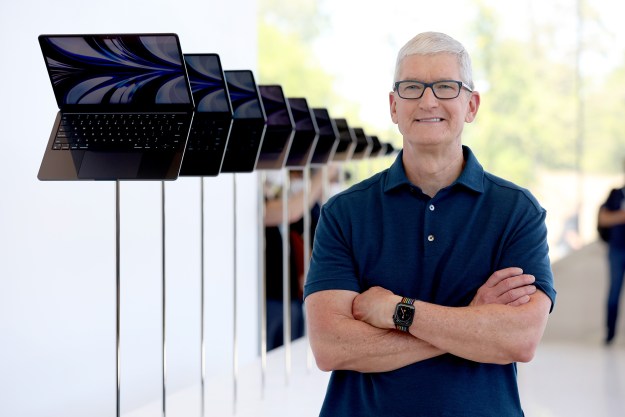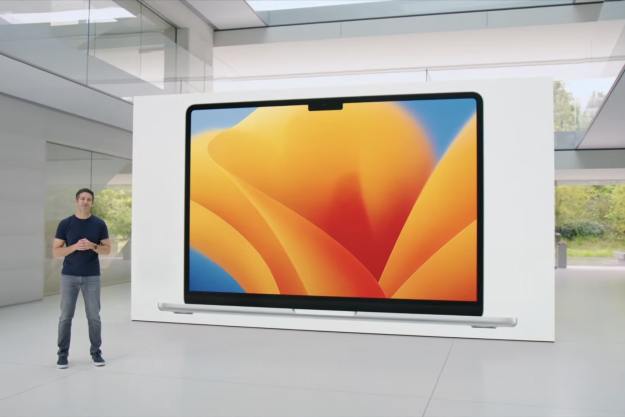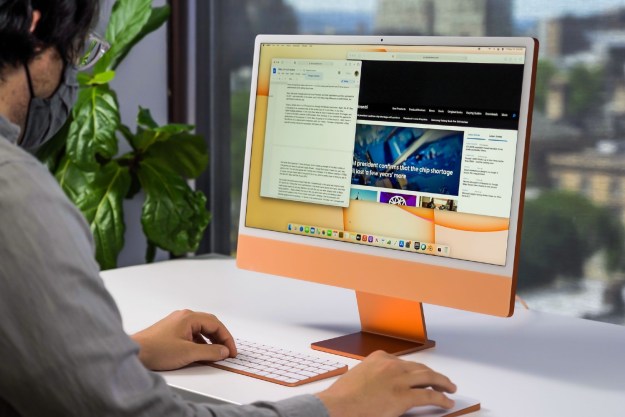
(in)Secure is a weekly column that dives into the rapidly escalating topic of cybersecurity.
Mac fans haven’t felt the love from Apple lately, but the problems go beyond a lack of new products. It’s become a matter of security.
A string of recent reports has shown certain apps in the Mac App Store were stealing data without user knowledge. These apps were supposedly vetted by Apple, and were popular, frequently-downloaded apps on the Mac App Store. Users had no reason to suspect the apps were malicious.
People’s trust in Apple has left them vulnerable, and it’s time Apple addressed it.
An app store legacy
The success of the iPhone has a lot to do with the app store’s curation. Each app available on iOS has an implied seal of approval from Apple. If you can download an app on your iPhone, it can be trusted. It’s safe. It’s a stark contrast from the Google Play store, which isn’t nearly as rigorous.

Much of the iOS App Store’s credibility has carried over to the Mac App Store, but apparently, it’s not deserved. As reported by ThreatPost, an app called Adware Doctor has been copying people’s browsing history from Chrome, Firefox, and Safari, and sending it off to a China-based domain, for currently unknown purposes. The app requests access to several questionable functions, though because of the trust people have put in the highly-rated app, they often approve the access.
Adware Doctor was in the number four spot in the “Top Paid” app list, right behind first-party software like Final Cut Pro.
The app was able to pass through the security controls of MacOS undetected, pull sensitive browsing history data, and download it as a zip archive. That flies in the face of Apple’s own data privacy policies. Of course, security breaches happen. That’s something every software company in the world deals with. The real problem is Apple’s failure to quickly remove the app.
The data theft was noted first by Patrick Wardle, founder of Mac security company Objective-See. According to him, Apple had been alerted about the suspicious app a month ago, and at the time of going public with his findings, had failed to take action.
Adware Doctor wasn’t just a small app that snuck through the fence. As ThreatPost points out, the app was listed in the number four spot in the “Top Paid” app list, right behind first-party software like Final Cut Pro. It was listed with endless five-star reviews, which were no doubt fake. It’s not hard to imagine why people would trust an app with such a high profile.
While Adware Doctor has since been removed, it took widespread media coverage for Apple to protect Mac owners who were actively having their data stolen. Apple’s failure to act quickly breaches the trust owners have put in Apple’s store.
It’s not just a few oddballs. It’s a trend
Adware Doctor isn’t the only app that’s been caught. In fact, an entire suite of apps from Trend Micro has been flagged for capturing the same data. That includes Dr. Antivirus, Dr. Cleaner, Dr. Unarchiver, and App Uninstall. Trend Micro initially denied the findings, but has since removed all such functions from the apps in attempts to get back into Apple’s good graces.
How could an app like this pass muster to begin with?
Malwarebytes said it has “taken as long as six months for a reported app to be removed.”
As it turns out, Adware Doctor was first accepted by Apple under the name of Adware Medic, which just happened to share its name with AdwareMedic app, a legitimate piece of software run by Malwarebytes. Trend Micro’s app was then removed, only to be re-accepted as Adware Doctor.
Not only did Apple approve an unsafe app, it approved it masquerading under the name of a proper app. That’s hardly top-tier espionage. If Apple could fall for that, what else might’ve pass by undiscovered?
Malwarebytes has been looking into that issue for years and reporting the appearance of junk software in Mac App Store. According to Malwarebytes, it’s sometimes “taken as long as six months for a reported app to be removed.”
With Apple’s renewed focus on the App Store in MacOS Mojave, we can only hope it takes back responsibility for cleaning up its mess. Yet with Apple’s attention squarely on iOS, we’re not getting our hopes up. If security isn’t a good enough reason to remember the Mac, then what is?
Editors' Recommendations
- 6 mice you should buy instead of Apple’s Magic Mouse
- I never knew I needed this mini Mac app, but now I can’t live without it
- This simple app changed how I use my Mac forever
- Apple’s removable MacBook mouse may be its weirdest idea yet
- Apple’s new M3 Macs could launch any day now, leak claims


